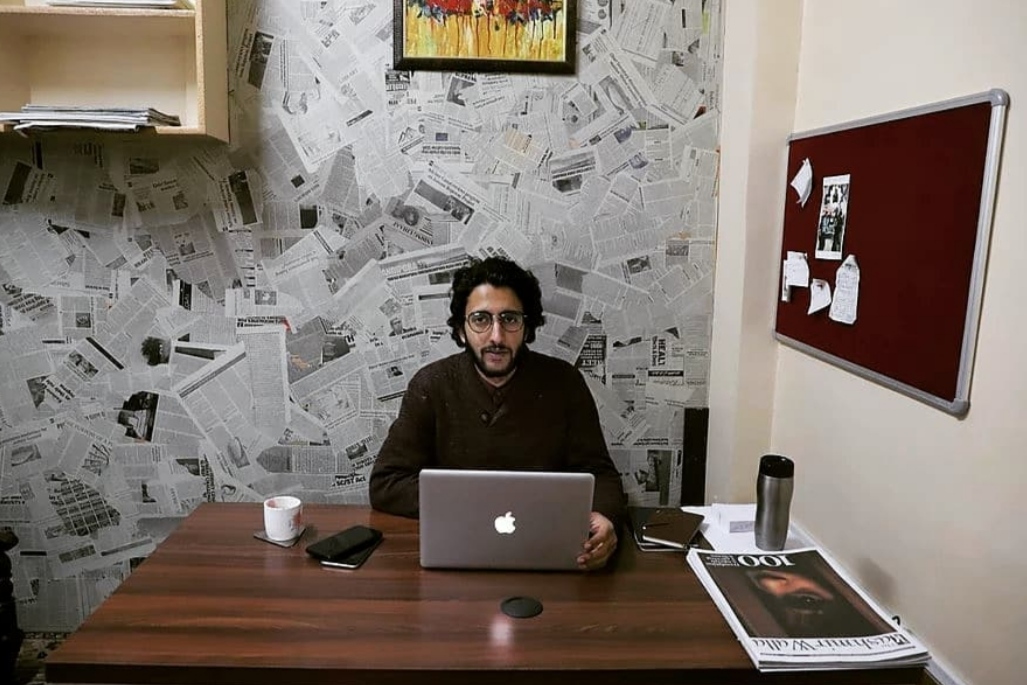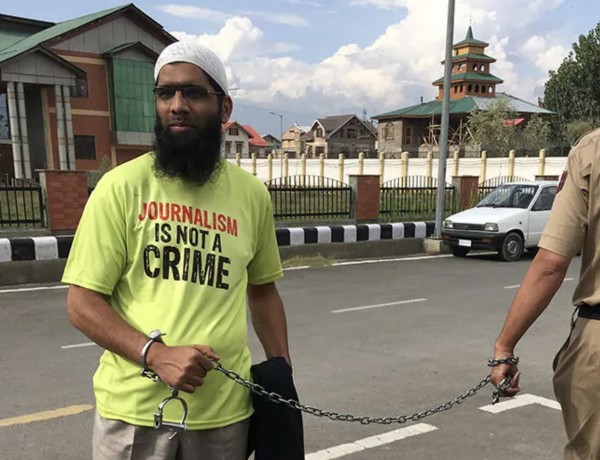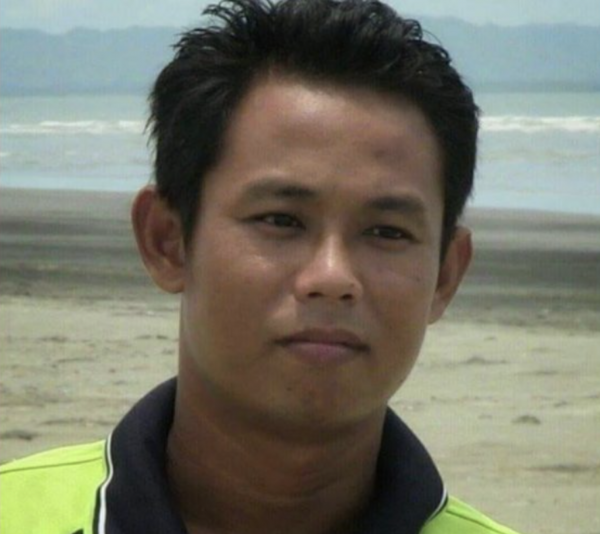The International Press Institute (IPI) welcomes the release this week of Kashmir journalist Fahad Shah after nearly two years in prison on terrorism charges. We call on authorities to drop all remaining charges against him and for an end to the repression of journalists in Kashmir.
IPI also welcomes a court decision this month nullifying proceedings against another Kashmiri journalist, Sajad Gul, who was detained in 2022 while working as a trainee reporter with Shah’s news outlet. IPI calls for Gul’s immediate release in light of the court’s ruling.
IPI had repeatedly called for the release of Shah and Gul. Earlier this year, IPI sent a letter to Indian Prime Minister Narendra Modi urging the government to cease targeted attacks and harassment of independent journalists in Kashmir, which IPI has closely documented over the past two years.
“We welcome the release of Fahad Shah after nearly two years in prison on terror charges that a court has now recognized were arbitrary and without merit”, IPI Deputy Director Scott Griffen said. “The court has sent an important reminder that critical news and opinion is protected speech and not terrorism. This ruling, while important, does not reverse the wrong done to Fahad Shah and does not make up for the 21 months that he unjustly spent behind bars.”
“We call on the authorities to drop all remaining charges against Shah and immediately release Sajad Gul in line with the court’s decision. Indian authorities must urgently end their crackdown on the press in Kashmir and allow journalists to exercise their constitutional right to report freely.”
Nearly two years in detention
Shah, the owner and editor of the news portal The Kashmir Walla, was released from Kot Bhalwal jail in Jammu on November 23 after spending nearly two years in confinement. He was freed on bail after a court dismissed terrorism charges against him under the Unlawful Activities Prevention Act (UAPA).
Shah was charged on the basis of an opinion piece published by The Kashmir Walla in 2011. It was written by Abdul Aala Fazili, a University of Kashmir student, and addressed the Indian “occupation” and advocated for regional freedom. Fazili remains behind bars.
The High Court of Jammu & Kashmir, however, said this month that the publication did not incite violence or armed insurrection. The court’s ruling, which IPI has reviewed, also rejected the prosecution’s argument that “besmirching” the honor and dignity of India could be considered terrorism under the UAPA. The court said this argument “would literally turn criminal law on its head. It would mean that any criticism of the central government can be described as a terrorist act […]”, a proposition, the court said, that clashed with freedom of expression as guaranteed by India’s Constitution.
While quashing the terrorism charge, the court allowed other charges against Shah to move forward, including two charges under the Foreign Contribution (Regulation) Act, which are related to a donation that The Kashmir Walla received from the press freedom organization Reporters without Borders. Shah also continues to face charges in three separate cases.
As IPI reported at the time, Shah was first arrested in February 2022 following The Kashmir Walla’s coverage of a deadly police raid. He was later freed and re-arrested as part of a “revolving door” of legal proceedings.
No evidence of wrongdoing
In a separate case, the High Court of Jammu & Kashmir quashed Public Safety Act (PSA) proceedings against journalist Sajad Gul. In its ruling, the court criticized the arbitrary imprisonment of government critics as an “abuse of preventive law“.
Gul was working as a trainee reporter for The Kashmir Walla when he was arrested in January 2022 for “promoting enmity” in Jammu and Kashmir. As IPI reported at the time, Gul was arrested for publishing a video on Twitter of a protest in which demonstrators shouted anti-Indian slogans. Police then ordered his formal detention, accusing him of “creating obstacles and spreading a “fake and false narrative” about an anti-terrorist operation.
Now, almost two years later, the court said authorities did not provide evidence of Gul’s involvement in any wrongdoing, according to news reports. The court directed the authorities to release Gul from preventive custody. He is expected to be released this week.
Long shadow of repression in Kashmir
As IPI has repeatedly documented, the Jammu and Kashmir region has faced a severe crackdown on media freedom, including arbitrary arrests and communications blackouts. The situation for journalism deteriorated sharply after August 2019, when the Indian government revoked Article 370 of the Indian Constitution, stripping Kashmir of its autonomous status. Journalists face harassment, surveillance, and financial pressure, leading, in some cases, to self-censorship or leaving the region.
In August, India’s Ministry of Electronics and Information Technology blocked The Kashmir Walla. The outlet’s Facebook page, with nearly half a million followers, and Twitter profile were also shut down in response to legal demands issued by the Ministry. The outlet said it had not received any prior notice or official order regarding the Ministry’s decision to block its website and social media accounts. IPI said the move was a violation of both press freedom and due process and should be reversed. The Kashmir Walla’s website remains blocked.



